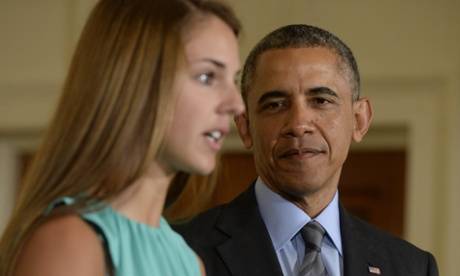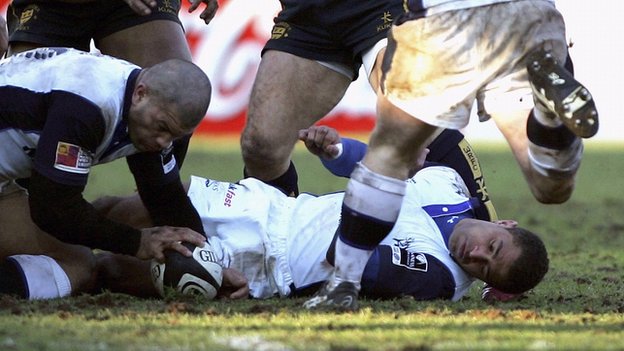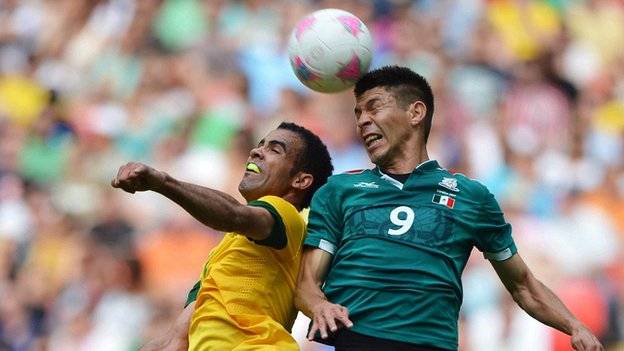Hobbit
Senior Member
Anybody else here ever have one. I do right now (hoping it goes away soon) and it's...interesting. I'm a little foggy headed, not unlike being sleepy, but not entirely like it, either. I have trouble walking a straight line or standing up straight with my eyes closed. I also sometimes have trouble forming complete sentences or otherwise engaging in comprehensible verbal communication. Just wondering what anyone else went through. Doc told me I should be fine in a week or else I should see a neurologist.







